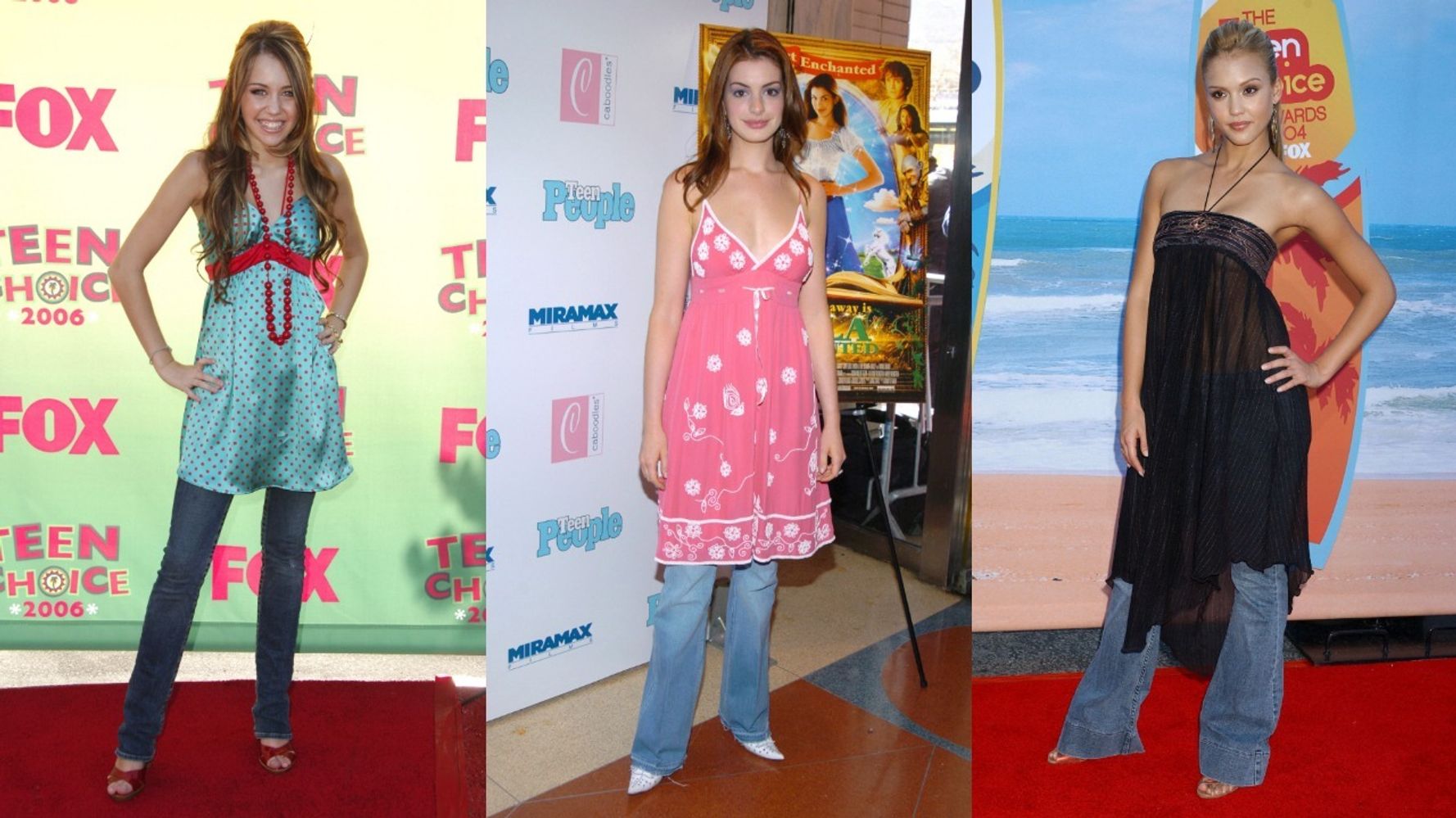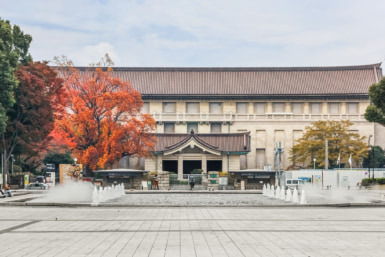If you’ve been on anime TikTok recently, you might have scrolled through some users who are recreating outfits from their favorite shojo anime and manga heroines from the 2000s.
Shojo refers to the genre that typically targets adolescent girls and young adult women with its common tropes and narrative themes of romance, cute aesthetics, school life and coming-of-age challenges.
One outfit and character in particular is making the rounds in this trend: a casual weekend look from main character Haruhi Fujioka in Ouran High School Host Club. In episode 10, titled “A Day in the Life of the Fujioka Family,” Haruhi’s fellow clubmates visit her suburban home. She wears gray pants, a plain white T-shirt and a pink flowy dress layered on top.
Since most shojo stories take place in a high school setting to be relatable to their young demographic, it’s a special “Cinderella-like” moment as the heroine steps out of her confining school uniform and into a more expressive and colorful outfit for an episode-long date, weekend or beach special. It’s a chance for the audience to get a more casual and intimate look at the heroine outside of her personality as a student.
Various creators on TikTok have been replicating this look and putting their own spin on the dresses-over-pants concept, layering dresses and lace tops with jeans.
@imnolach yuk bisa yuk season 2. jangan kalah sama Kimi ni Todoke #ouranhighschoolhostclub #kiminitodoke
Fashion in Pop Culture
As Ouran High School Host Club came out in 2006, Haruhi’s style appropriately matches the era. It’s very common for shojo mangaka and anime directors to style their characters in trendy fashion outfits to spark the attention of their feminine audience. Sailor Moon author Naoko Takeuchi is celebrated for incorporating haute couture from designers such as Thierry Mugler, Coco Chanel and Christian Dior, along with everyday teen styles from the 1990s. Ai Yazawa’s Nana also pays homage to early Harajuku subcultures and Vivienne Westwood.
@lovtune shoujo girl spring so real love all the tiktoks i get abt it !! its literally snowing hailing raining here so i wont actually get to wear these soon but i hope everuone else can get some spring and summer inspo <3 #shoujoanime #shoujomanga #shoujo #japanesefashion #jfashion #jfashioninspired #springfashion
The dresses-over-pants trend is an icon of early 2000s fashion. You either loved it or hated it. Celebrities would pair dresses and long frilly tops with their denim. They would even strut down red carpets dressed like this. Disney Channel starlets and other adolescent idols were notorious for styling their dresses with jeans or leggings to be discreetly modest and family-friendly.
Dresses-over-pants has often been a retrospective joke of the era’s eccentric layering habits. But as people have become disgruntled by the modern minimalist aesthetic and are desperate for color and fun expression in a post-pandemic world, Y2K fashion is making a vigorous comeback. The dresses-over-pants style allows people to be experimental, while also playing with textures.

The Comeback
TikTok user Liv Rian posted a video showing a mannequin from Australian apparel retailer Supre sporting a purple sleeveless dress over wide-leg jeans. The video got 15 million views and 2.3 million likes. The comments were divided. Some people ranted about having just escaped the trend while others claimed the world was finally starting to heal.
@livrian_ Walked past Supre to find the DRESS AND JEANS COMBO. #fyp #2000s
If we go all the way back, this trend can be said to have taken inspiration from American and European women in the mid-1800s. While pants were usually only reserved for gentlemen, women were allowed to wear trousers, breeches and bloomers under their dresses during physical activities such as horseback riding and gymnastics so that they were not dragged down by their multiple heavy petticoats. Wearing pants gave more comfort and practicality for movement.
In the case of Haruhi, her outfit is a deliberate representation of her character and story arc, as she is a girl who is pretending to be a male student to repay her debts at the club. She is always fluctuating between feminine and masculine representations, and is comfortable in both. The dress-over-pants trend is a visual of her personality, layering delicate and feminine tops with more structured and masculine pants.
@howareyuyu summer is finally here!! will be making more summer fits soon 😏‼️ #shoujo #nana #hachi #coquette #pink #girly #sanrio #girlyaesthetic #hijabi
The Girl Next Door
Even though the Ouran anime came out nearly 20 years ago, its themes and aesthetics remain timeless. The dress-over-pants look lends well to shojo media and heroines like Haruhi and Sawako Kuronuma from Kimi ni Todoke because of the “girl next door” trope. The girl next door is an approachable and unassuming beauty. She is the childhood friend, the next-door neighbor, the classmate that sits next to you by the window. The way she dresses is cute, casual and attainable. It’s feminine and humble, with a hint of rebelliousness. The trend’s modest nature is also inclusive of different religions and cultures.
@optimusap what i think Sawako would wear 𐙚🧸ྀི #fy
Spring love and summer flings have always made the warmer seasons prolific for romance stories. Though dress-over-pants is an unexpected, and sometimes jarring, combination, its creativity and romantic charm makes it an endearing trend to follow.








